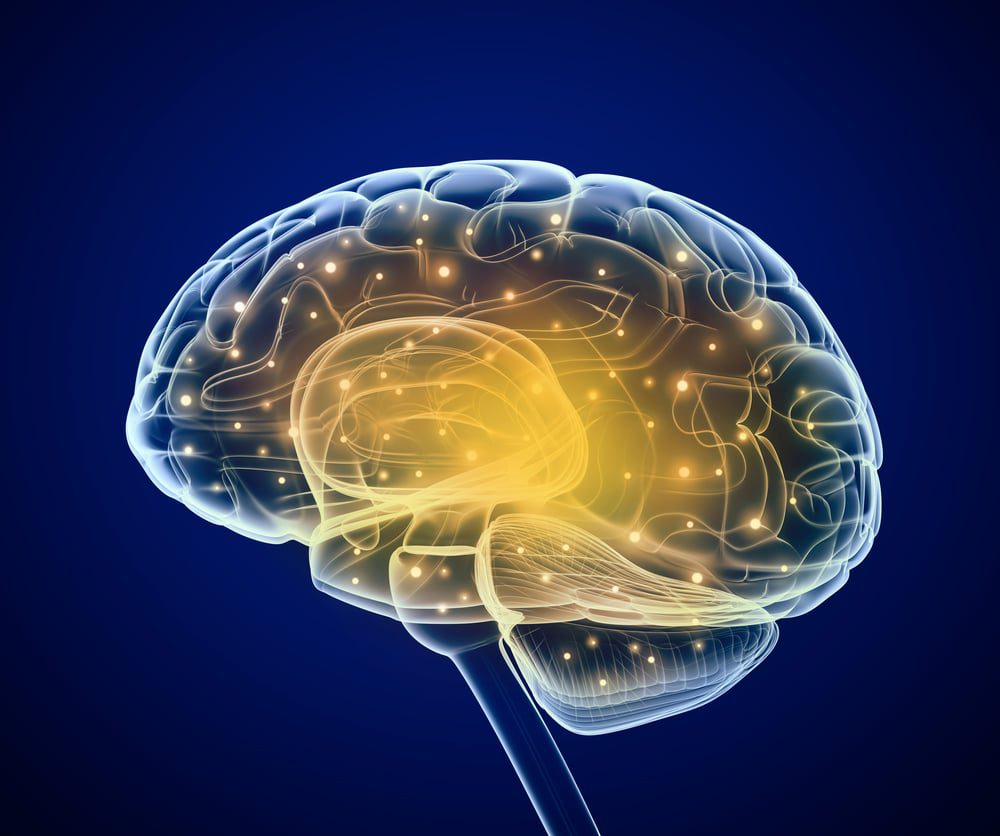EYE MOVEMENT DESENSITIZATION AND REPROCESSING THERAPY
Eye Movement Desensitization and Reprocessing (EMDR Therapy) is a highly structured therapy used to treat and heal trauma caused by strenuous life events.
EMDR has efficacy in treating a vast array of conditions. At Stella Luna, we utilize this therapy extensively to treat symptoms of trauma, anxiety, depression, intrusive thoughts, grief, chronic fear/phobias, addiction, mild eating/feeding disorders, and other maladaptive thought processes brought on by disturbing life events. Trauma comes in all shapes and sizes, and many people understand this more easily when we think of it like big “T” trauma (like 9/11), or small “t” trauma (your parents’ divorce). Most clients aren’t aware that they have experienced trauma until they understand their experience has left an emotional wound. Like all wounds, they heal best when we properly clean them out. Some wounds are deeper and take more time to heal. A wound left untreated has the potential to scar, or worse, become infected. This is the same with emotional trauma.
We are very pleased to offer EMDR therapy in Cleveland, and all Stella Luna therapists utilizing EMDR have received extensive training for certification with this highly specialized therapy.
EMDR therapy works directly on the brain, with a dual attention stimulus. This can be done by paying attention to a specific memory or event, while also doing a right-left bilateral stimulation using a method chosen by clients such as eye movements, pulsing, sound, or tapping. The intensity of the stimulation is client-directed and can be stopped or paused at any stage of the process. Most clients enjoy the EMDR process and often report enhanced benefits that go beyond what a normal talk-therapy session may provide.

EMDR therapy in Cleveland is offered at Stella Luna Counseling & Wellness.
How can EMDR therapy be helpful?
Each of us has different experiences that shape the way we see the world and how we view ourselves within the world. Negative experiences may leave behind scars or unhealed wounds on our brain (aka trauma). Trauma isn’t always obvious, and the consequences of traumatic experiences vary greatly depending on the individual, the environment, and the resources the person has to cope with their stressor. Experiencing an embarrassing event as a youth could have a negative impact on an individual that last well beyond adulthood. These experiences can cause you to react negatively to life events, inhibit your ability to cope with future stress, or even hinder your ability to have healthy relationships.
You may find yourself replaying events that you should “be over by now”, or you may not even realize your subtle response to triggering events. Your unhealed wounds could have a tremendous impact on how you live your life, how you participate in relationships, and even how you parent your children or function in your job. EMDR therapy can help you uncover road blocks and support you in desensitizing negative responses to daily life.
We are pleased to offer EMDR therapy in Cleveland to our clients at our Middleburg Heights location.
Common Questions
Why might I like this kind of treatment?
EMDR therapy can be very effective for individuals who have tried other treatments with limited success, and can also be a first-line of treatment. Sometimes people have a difficult time talking about memories associated with their troubling life events. Many people like this therapy because they don’t have to talk in depth about the distressing images while participating in this treatment. Yet, EMDR can have lasting benefits that relieve layers of distress often faster than what talk-therapy is able to accomplish. In fact, the numbers show that one session of EMDR therapy can sometimes be as beneficial as months of talk therapy.
Can EMDR cause problems for me?
Like any form of therapy, we may feel worse before we get better. As the saying goes, the fastest way past a problem is moving through it. We don’t want to cover up old wounds or try to pretend they aren’t there. Or worse, turn back around and repeat what we’ve already had to endure. People often slow down their healing process when they don’t maintain regular sessions or they avoid doing the deep work. To get the most out of your treatment come prepared to work hard in sessions, stay engaged with your treatment in between sessions, and ask questions if you have any concerns along the way.
References
The Role of Eye Movement Desensitization and Reprocessing (EMDR) Therapy in Medicine: Addressing the Psychological and Physical Symptoms Stemming from Adverse Life Experiences – Read the article in the National Library of Medicine
The Use of Eye-Movement Desensitization Reprocessing (EMDR) Therapy in Treating Post-traumatic Stress Disorder—A Systematic Narrative Review – Read the article in the National Library of Medicine
Why Celebrities Are Turning to EMDR Therapy for Their Mental Health – Read the MSN article
The Status of EMDR Therapy in the Treatment of Posttraumatic Stress Disorder 30 Years After Its Introduction – Read the article from the Journal of EMDR
Address
17951 Jefferson Park Road
Suite #100
Middleburg Heights, OH 44130
